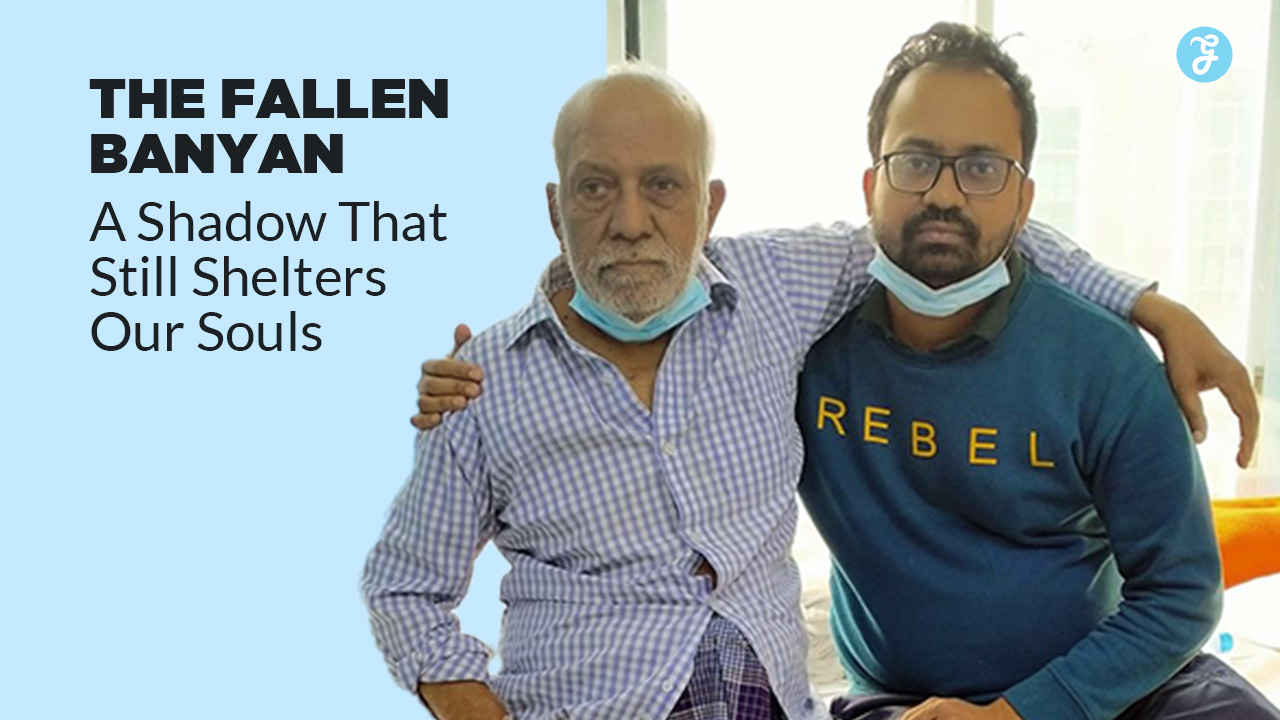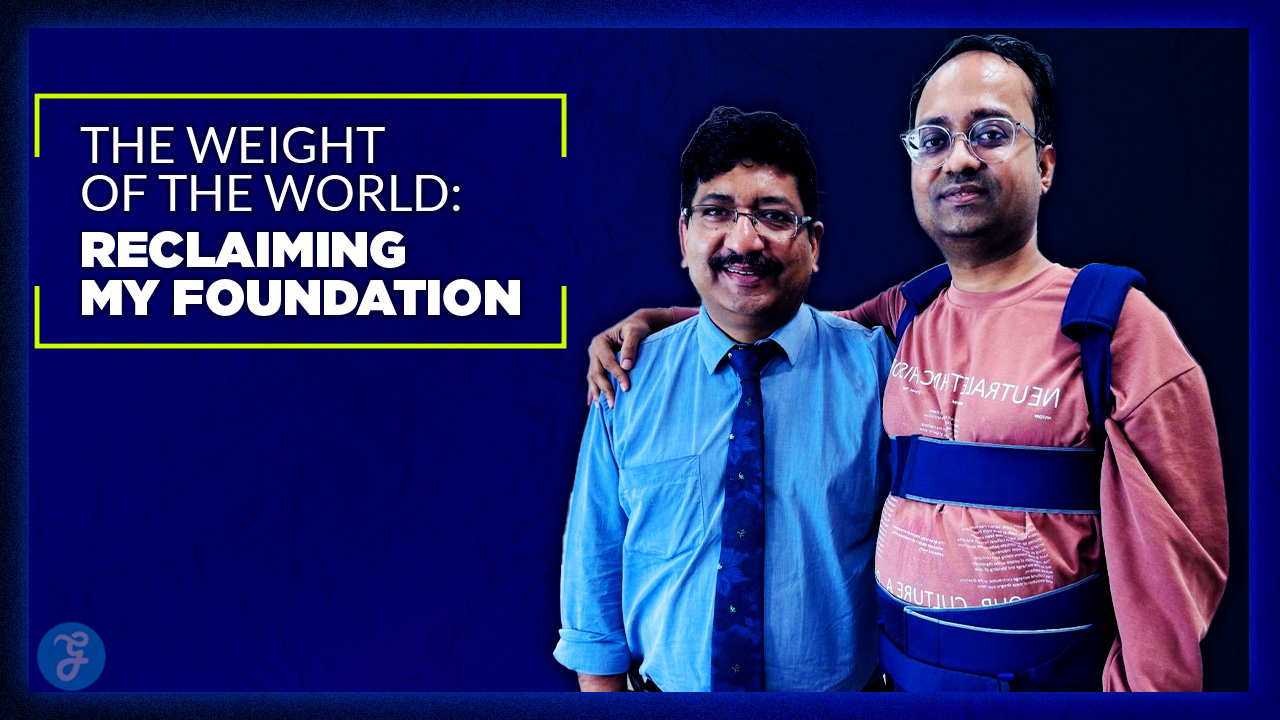Nearly 30 years after Tom Hanks made his screenwriting and directorial debut with That Thing You Do! (1996), the actor and filmmaker appreciates how the movie has earned its status as a cult classic. Although the film’s journey wasn’t always smooth, Hanks has come to see the value in how audiences and critics have come around to love the story over the years. In a candid and humorous interview on the Conan O’Brien Needs a Friend podcast, he offered insight into his mixed experience with the movie’s initial reception and how opinions on films often evolve over time.
‘That Thing You Do!’: A Movie with Lasting Appeal
Released in 1996, That Thing You Do! tells the story of a fictional 1960s small-town band, the Wonders, who unexpectedly make it big with their catchy hit single, also titled “That Thing You Do!” The movie captures the band’s journey from obscurity to stardom after catching the attention of Mr. White, a slick music manager played by Hanks himself. Although the movie had only a modest box office performance when it first came out, it has grown in popularity over the years. Thanks to its endearing characters, charming humor, and the infectious energy of its title song, That Thing You Do! has since become a beloved classic for fans of music, nostalgia, and lighthearted storytelling.
Tom Hanks on Criticism and Movie Reception Over Time
During his conversation with Conan O’Brien, Hanks didn’t hold back on his thoughts about film critics and their often unpredictable opinions. Reflecting on his general experience making movies, he acknowledged the mixed feedback that comes with the territory. “The critics weigh in,” he said, explaining how reviews tend to be a blend of praise and criticism. “It’s always up, down: ‘We hate it, we like it. This is the worst thing… Oh hey, Tom, I saw you in a movie,’” he said, illustrating the range of reactions he often encounters.
Hanks also joked about the challenges of receiving lukewarm or negative feedback, humorously noting how sometimes, after hearing unenthusiastic reviews, he’d joke with his wife about hiding a revolver so he wouldn’t have to face the disappointing feedback. While clearly in jest, his comments highlighted the personal stakes involved in putting his creative work out for public critique, a process that every filmmaker inevitably goes through.
How Time Changes the Way Films Are Appreciated
Hanks shared an interesting perspective on how the significance of a film often changes as years go by. He noted that, over time, a movie’s success is no longer about box office numbers or critical reviews but rather how it resonates with audiences in hindsight. “A ton of time goes by when none of that stuff matters anymore,” he observed, pointing out how, with enough time, a movie exists on its own terms. The cycle of “loser, winner status” fades away, allowing the film to be appreciated for what it is, outside of the “thumbs up, thumbs down” judgments that initially surround it.
This phenomenon is particularly relevant to That Thing You Do!, which Hanks recognizes as an example of a film that, although not an immediate blockbuster, found its place in viewers’ hearts as the years passed. While it may not have been celebrated in the way some of his other movies were, That Thing You Do! eventually grew to be seen as a nostalgic and beloved piece of pop culture.
A Comedic Dig at Critics
When Conan mentioned That Thing You Do! as an example of a movie that critics grew to appreciate, Hanks didn’t miss a beat, launching into a humorous and slightly pointed comment about film critics. “Let me tell you something about these cocksuckers who write about movies,” he quipped, clearly emphasizing his feelings about how critics can sometimes miss the mark. “Can I say that?” he added jokingly, leaning into his frustration with how critics initially responded to the movie.
Hanks recalled how, when That Thing You Do! first came out, one critic specifically slammed the film for feeling too much like a television production, suggesting that Hanks, as a director, had brought too much of a small-screen sensibility to the project. The same critic, Hanks noted with amusement, later revisited the film and praised it as a “cult classic,” proving the very point Hanks was making about how critical opinions can shift significantly over time.
The Cast That Brought ‘That Thing You Do!’ to Life
That Thing You Do! boasts a talented cast that helped bring the story to life. The film stars Tom Everett Scott as Guy Patterson, the enthusiastic drummer who joins the Wonders and helps catapult them to success. Liv Tyler plays Faye, Guy’s love interest, while Johnathon Schaech, Steve Zahn, and Ethan Embry round out the band’s lineup. Charlize Theron appears in one of her earlier roles as Guy’s original girlfriend, Tina, and Giovanni Ribisi plays Guy’s quirky friend. Adding a personal touch, Hanks cast his own wife, Rita Wilson, and son, Colin Hanks, in cameos, further underscoring the family-oriented spirit behind the film’s production.
This ensemble cast, along with Hanks’ storytelling and direction, gave the movie its heart, making the story relatable to audiences as it explored the ups and downs of fame and the joy of making music. Over time, these performances contributed to the movie’s transformation from a modest box office entry to a cherished cult classic.
Recognition for the Film’s Memorable Music
A significant part of the movie’s charm lies in its music, particularly the hit title track, “That Thing You Do!” Written to capture the infectious spirit of 1960s pop, the song became a highlight of the film, and its catchy melody made it stand out even beyond the movie itself. The song’s popularity helped earn it a nomination for Best Original Song at both the Academy Awards and the Golden Globes, a testament to its impact and enduring appeal. The film’s soundtrack has remained a fan favorite, adding to its legacy as a musical time capsule that continues to resonate with viewers.
Looking Back on the Journey from Criticism to Cult Classic
In the end, Hanks’ reflections on That Thing You Do! underscore a larger point about the fickle nature of film criticism and the unpredictable journey movies often take. His remarks to O’Brien capture the essence of creating art in a world where critical reception can be as unpredictable as it is influential. Despite the early mixed reviews, That Thing You Do! stands as a testament to the power of a movie to endure beyond initial judgments, finding its audience and lasting appeal years later.
Hanks’ candid and humorous insights reveal not only his own resilience in the face of criticism but also his understanding of the movie industry’s changing landscape. Today, That Thing You Do! remains an essential part of Hanks’ filmography and a reminder of the joy of making movies that connect with audiences—even if it takes a few decades for that connection to be fully realized.






































